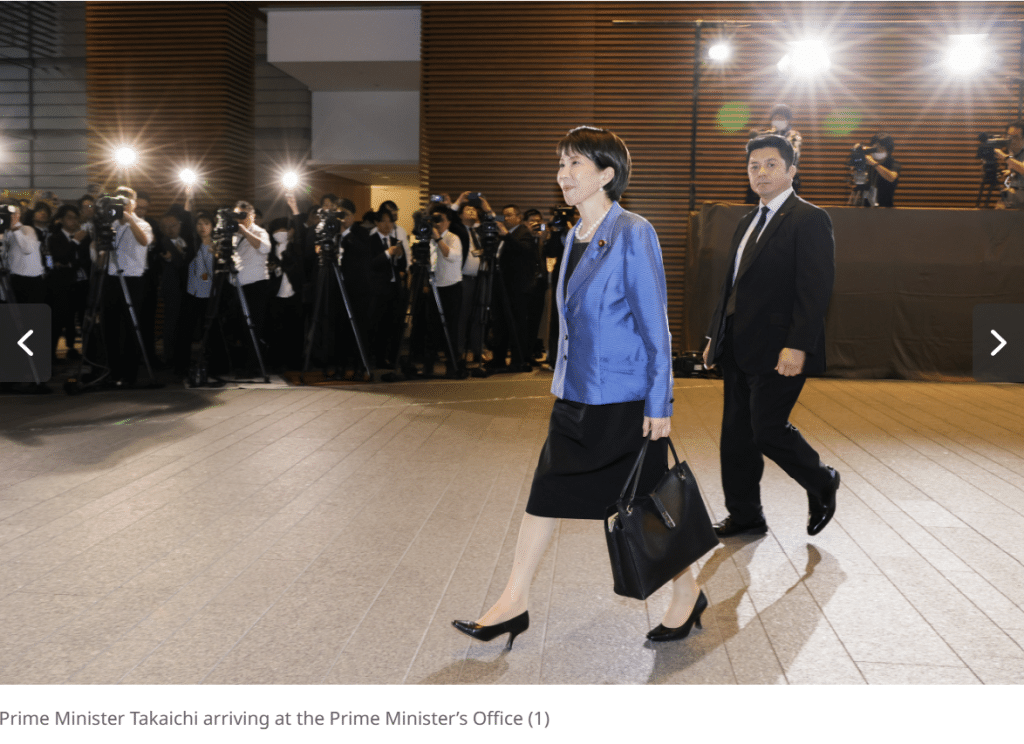Chinese Yuan: Here’s What’s Happening To The Currency
China’s control-minded central bank allowed the biggest fall in the yuanin five months on Thursday, roiling global markets and sparking new fears about Asia’s largest economy. Trading in the country’s stock markets was suspended for the day after only 29 minutes.
Part of the fear driving those markets lower is that investors are struggling to understand the People’s Bank of China’s goals — with official statements pointing to an apparent policy struggle between conservative stability and liberalizing reform.
“They have a problem, and they don’t like any of the options available to them,” said Patrick Chovanec, managing director and chief strategist at Silvercrest Asset Management.
The problem is that most outside traders consider the yuan to be more than 10 percent overvalued against the U.S. dollar. Allowing the market to take the exchange rate to that value could potentially devastate China’s domestic economy, but it’s an expensive — and potentially impossible — task to fight the market now that the yuan is a global currency.
While the country’s leadership had hoped to offer some amount of currency reform while still maintaining stability, it’s finding the process hard to control, according to Jonathan Fenby, China director at Trusted Sources.
“Once you start to do it, you can’t be half pregnant,” he said of the currency liberalization process, one that likely began as a politics-inspired goal of having the yuan included in the International Monetary Fund’s Special Drawing Rights basket of important reserve currencies.
Beijing has long pressed the IMF to make the yuan part of the select club of currencies, along with the U.S. dollar, the euro, the yen and British pound sterling. The addition is scheduled to take effect this year.
As Chovanec saw it, China’s central bank has three main options:
- The central bank defends the currency. China sets an exchange price that its economists believe is defensible against outside speculation, and then the bank uses its considerable (but decreasing) foreign currency reserves to fix that price.
- The PBOC institutes a single devaluation so large that the currency actually begins to experience upward pressure from outside traders.
- China allows for a controlled, gradual deprecation. The central bank uses some of its reserves to manage the slide, but the yuan sees a steady fall to near market expectations
Each of those options has its pros and cons, but it seems so far as if the PBOC is opting for the third course of action, Chovanec said. On Thursday, the bank set the official midpoint rate on the yuan 0.5 percent weaker at 6.5646 per dollar, the lowest since March 2011. But then it also intervened, according to Reuters sources, in order to boost the exchange rates of the offshore-traded yuan.
Jumping into the international markets is a way to reduce the spread between the officially set onshore rates and the trader-affected ones, a key metric that influences the currency’s overall momentum.
But any PBOC devaluation (or market-led depreciation) could cause a domino effect across the world. Other countries could be forced to lower the value of their own currencies to remain competitive with China. The U.S. dollar would then spike on a relative basis, and that would in turn swell the value of dollar-denominated commodities and corporate debt — which would likely grind global growth to a halt.
The apparent Chinese decision to allow for a drop in the yuan “will be very detrimental to the global economy,” Chovanec predicted. “If everybody gets into the act, it’s a risk they push the U.S. into recession.”
“They’re riding a bronco that they didn’t quite know they were unleashing,” Fenby said, pointing to the risks to Chinese political stability if its middle class were significantly affected by a yuan-influenced global downturn.
Chovanec said he would have recommended defending the currency’s level, as “that’s what reserves are for,” and it would protect against the problems that a devaluation could cause the global economy. But the option of putting up a strong defense may be disappearing as international trader sentiment turns further against the yuan.
Fenby suggested that the PBOC’s plan for several months has been a gradual deprecation, but it has struggled to enact that course in the face of intense global scrutiny.
“They thought: When the market is not looking at you, when other currencies were in the firing line, then you devalue a little, and use the reserves (to stabilize that move),” he said. “But the control mechanism has been weakened much further, and there’s been a buildup of sentiment in the market that the currency should go down further.”
By EVERETT ROSENFELD Jan. 7, 2016 on CNBC
Read more here








